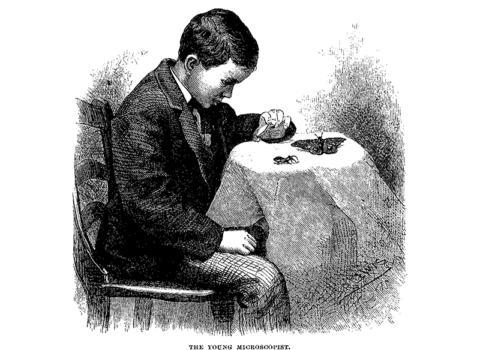The Fate of Ukraine
There is much reason to lament the Russian invasion of Ukraine, especially because of the killing of hundreds of civilians, the innocent victims of an inexcusable war. While I am one of the critics who saw NATO expansion into former Soviet bloc countries as a dangerous provocation to Vladimir Putin, I’m stunned by his savagery, and by the possibility of an escalation that could involve more countries and cause many more deaths. No one knows how far any given conflict can go “and let slip the dogs of war,” as Shakespeare wrote. For the time being, there are officially no American troops on the battleground; there may be some undercover operatives, alongside the British military advisers that are supposed to have left Ukraine. A single Anglo-American death could trigger serious and unexpected consequences.
At the moment, I share the feelings of French left-wing presidential candidate Jean-Luc Mélenchon, who says he’s “less surprised than others” by the invasion: “Because I’ve always known that the Russians would never accept what they consider to be encirclement by NATO…. But the moment they decided to make a military incursion into Ukraine, [the discussion] was over. Whatever their reasons for doing it, we can’t accept it.” Like many players who are non-aligned between the United States and Russia, Mélenchon made a mistake—a month ago, he didn’t believe there would be an invasion. But neither, evidently, did centrist French President Emmanuel Macron, who, after the summit meeting on February 7 in Moscow, declared with conciliatory naiveté that “there is no security for Europeans if there is no security for Russia.” A paranoid Putin had told him—from the far end of the table at which the two men sat—that it was necessary to “reach a compromise.” It looks like Macron, too, was fooled by the schemes of an unpredictable despot.
Of course, everyone wants a ceasefire, a Russian retreat, and as Mélenchon has said, the “opening of a dialogue on security,” including the possible neutrality of Ukraine and the status of Russian medium-range missiles targeting Europe. But how to get there? Is the invasion of Ukraine a revival of the cold war between the United States and the Soviet Union; a battle between a “civilized and democratic” Europe and the “oligarchic” East; or is it a simple seizure of territory by a rogue dictator pursuing dreams of empire that date back to Peter the Great and the eighteenth century? One thing is certain: Putin feels insulted by Washington and believes the United States has been disrespectful toward Moscow. That said, Washington has made it clear that Ukraine is not worth a war or a partial military intervention. Despite President Biden’s talk of defending freedom, he took his time before banning American imports of Russian oil and gas, and he has clearly decided to go easy on his European allies by not pressuring them to follow suit. (Biden is not trying to push the countries of the European Union to refrain from buying Russian gas at a cost of $700 million a day.) I’ve heard experts say that sanctions on Russian energy sales are the only economic measures that would really hurt Putin. Biden hasn’t even offered refugee status to Ukrainians fleeing their country—now estimated at more than three million people. Maybe Biden is ultimately indifferent to the fate of Ukraine and its humanitarian crisis.
Sorry to be cynical, but rather than praise the leader of the “free world,” we should be talking about how American defense contractors are profiting from the Russian invasion. We only have to look at the rise in stock-market value for Northrop Grumman, Raytheon, and Lockheed Martin. Meanwhile, NATO and its vast bureaucracy, attacked by Trump on the right and by antiwar activists on the left, has been rescued from irrelevance. I still don’t understand the purpose of NATO since the fall of the Soviet Union. Until 1991, it defended Europe in a very concrete way from an invasion of Soviet tanks at the Fulda Gap, in West Germany, with an enormous concentration of troops to counter the massive buildup of Warsaw Pact troops on the other side of the East German border. The two opposing forces were supported by medium-range nuclear missiles. But since the collapse of the Soviet Union, NATO’s defensive posture just seemed like a terrible waste of money, although not entirely, since the arms-industry profits made from NATO also fill political campaign coffers. From now on, we’ll be subjected to feverish pro-NATO and anti-Russian rhetoric such as the world has not seen since the Reagan-Andropov era. And we can expect even more colossal military budgets in the near future, approved with bipartisan support.



